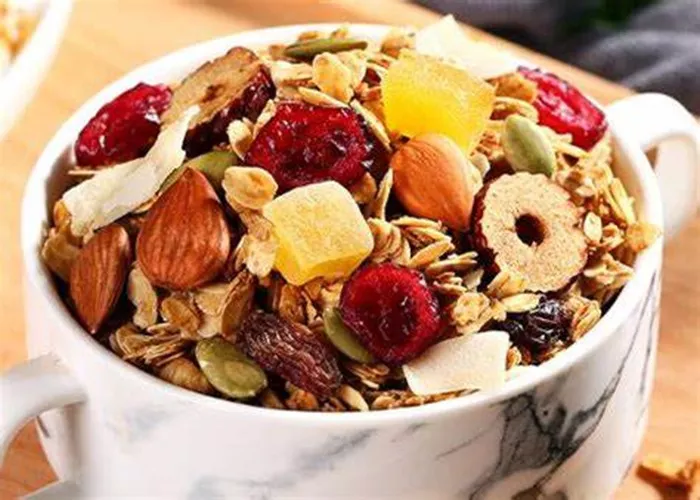For carb enthusiasts, there’s good news: You don’t have to eliminate carbs to shed fat. In fact, carbs play a crucial role in supporting fat loss, according to fitness trainer Patrick Reynolds, who successfully lost 22 kg (49.4 pounds) in just 20 weeks.
Carbs often get a bad rap, especially when we turn to unhealthy, refined carbohydrates that lack nutritional value. However, complex carbs like whole grains are essential for providing the body with sustained energy and necessary nutrients. If you’re trying to lose fat, cutting carbs out of your diet is not the solution—incorporating them strategically can yield better results.
Reynolds, who shared his remarkable transformation through before-and-after photos on Instagram, explains that the key to weight loss while maintaining muscle mass lies in how and when you consume carbs. Specifically, he emphasizes the importance of pre- and post-workout meals in achieving fat loss goals.
Pre- and Post-Workout Meals: The Foundation for Fat Loss
In his Instagram video, Reynolds dives into the role of carbs in his fat loss journey. “After shedding almost 50 pounds in 20 weeks, and maintaining most of my muscle mass, I’ve learned a lot about how carbohydrates fit into a fat loss plan,” he says. “To get the physique you want, you need to prioritize certain meals—especially before and after your workout.”
He continues, “Many people mistakenly think they just want to lose weight, but what they really want is to lose fat. To achieve that while preserving or even building muscle, proper nutrition is key. Specifically, your pre- and post-workout meals should consist of a high-carb, medium-protein, and low-fat meal before your workout, and a high-carb, high-protein, low-fat meal after.”
Fueling Your Workouts and Recovery
Reynolds advises that about 70% of your daily carb intake should come from these pre- and post-workout meals. “This strategy fuels performance and recovery,” he explains. “The pre-workout meal is crucial for energy, while the post-workout meal helps with muscle recovery and replenishing glycogen stores.”
Reynolds suggests sticking to the same pre-workout meal consistently and keeping your post-workout meal as close to the same as possible. This structure allows your body to adjust and optimize nutrient use for fat loss while preserving muscle mass.
Debunking the ‘Cut Carbs for Fat Loss’ Myth
In the caption accompanying his Instagram post, Reynolds further dispels the common misconception that cutting carbs entirely is the path to fat loss. “While it’s true that protein and fats should remain consistent, carbs are what you adjust depending on whether you’re in a fat loss or muscle gain phase,” he writes.
Reynolds emphasizes that when your goal is to lose fat while maintaining muscle, carbs are essential for fueling gym performance. “Most of your carbs should be consumed around your workouts because this is when they are used most effectively for energy and recovery. During a fat loss phase, you won’t have as many carbs to work with, so it’s crucial to prioritize them at the right times.”
Reynolds’ approach to fat loss challenges the prevailing notion that carbs should be severely restricted. Instead, he advocates for a more balanced, strategic approach—one that leverages carbs to enhance performance, recovery, and fat loss.
Related Topics:
Can Hot Lemon Water Reduce Belly Fat


